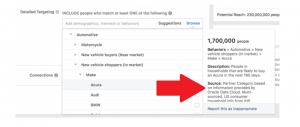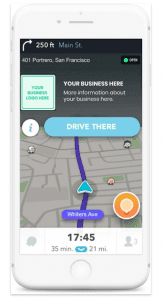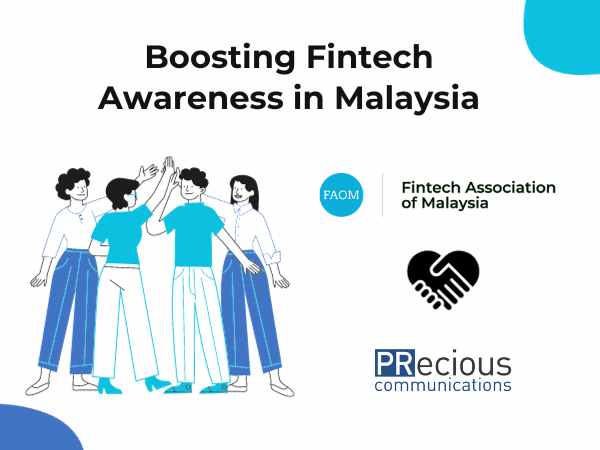In the wake of the Cambridge Analytica controversy, Facebook is taking steps to ensure more careful use of data, starting with the removal of third-party ad data targeting options.
In the past, marketers could utilise consumer research sources to target ads to people – for example, you could target ads to people based on the make of their car.

The effect of this is relative, for some industries e.g., the auto industry, the impact could be significant but for others, Facebook’s targeting filters are robust enough.
That said, Facebook is also
tightening up the use of private data for building of custom audience databases and marketers will now have to certify that the email addresses they are uploading have been obtained legally.
Waze, the Google-owned location mapping app especially popular in Malaysia and Indonesia has introduced advertising options to SMEs with Waze Local.
With Waze Local, SMEs can utilise 3 ad formats including:
- Branded pins – pins that highlight an advertiser’s storefont on a map
- Promoted search – ads that appear at the top of in-app location search results
- Zero-speed takeovers – “digital billboards” take take over a third of the app when the driver has stopped

Although Waze only has a userbase of about 100 million, its users spend an average of 11 hours a month engaging with the app. The monetary investment is feasible for small SMEs with ads being sold on a CPM basis and advertisers are not tied to any long-term commitments.













